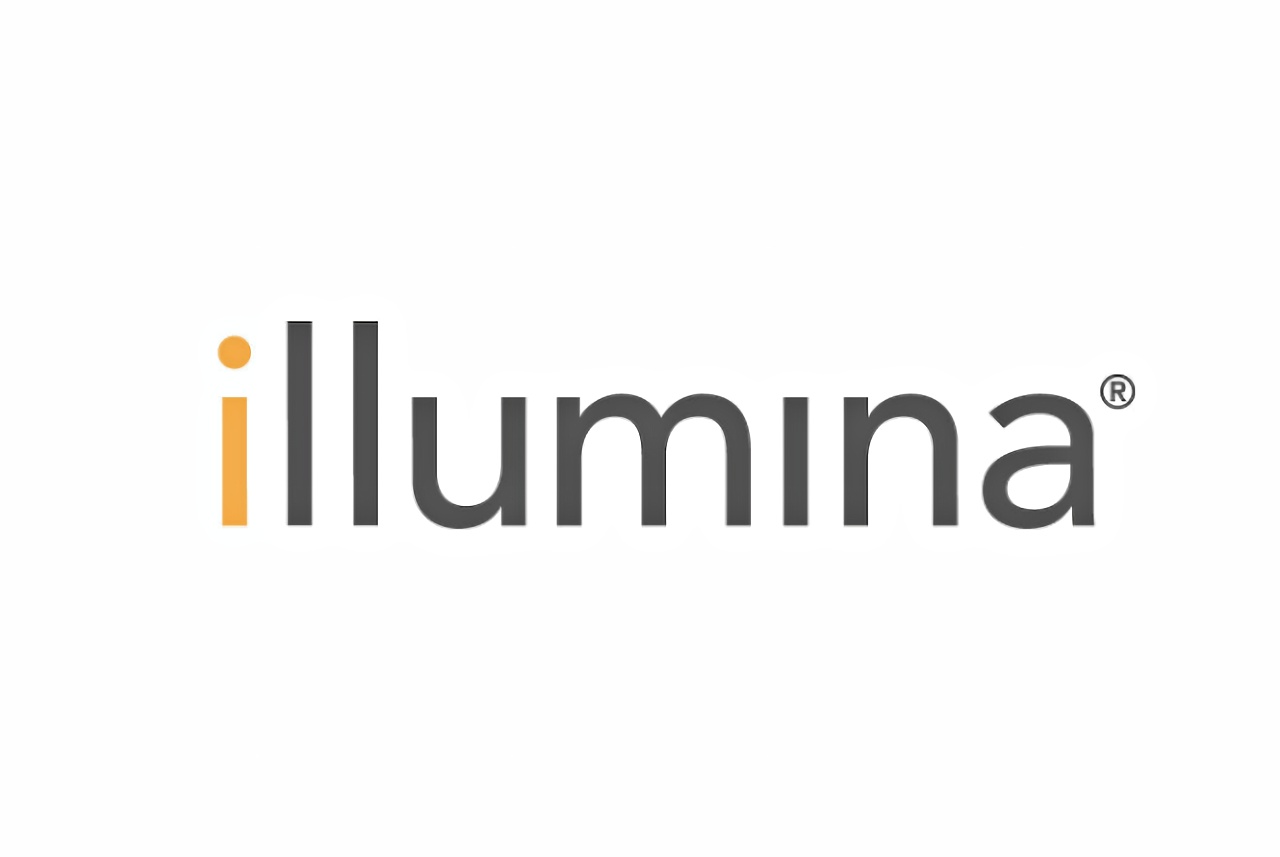Illumina Inc. is selling its cancer test developer, Grail, following its series of antitrust conflicts. The company is a known maker of gene-sequencing machines, and on Sunday, Dec. 17, it revealed its decision to divest this unit, which it bought in 2021 for $7.1 billion.
According to The New York Times, Illumina's move to divest its Grail unit came two days after the company recently lost in a court battle. It made an appeal, but the federal court largely sided with the Federal Trade Commission when it upheld the antitrust regulator's ruling that Illumina must sell its Grail on antitrust grounds.
Obstruction in Europe
It was reported that Illumina's deal for Grail was also not cleared in Europe, and it has, in fact, faced a roadblock there, too. In September last year, the EU said it would block the acquisition. The company publicly admitted that it had been unsuccessful with its appeals for the Grail deal, and this has led to the decision to divest the start-up.
At any rate, the company's troubles started when it went ahead and purchased the cancer test developer despite the complaint from the U.S. FTC. The commission argued that the buyout would reduce innovation in the American market as well as increase prices.
Execution of Illumina's GRAIL's Sale
The biotechnology company, headquartered in San Diego, California, said that its sale of GRAIL is set to be executed via a third-party or capital markets transaction that is in line with the European Commission's (EU) divestiture order. Illumina aims to finalize the terms of the deal by the end of the second quarter of 2024.
"We are committed to an expeditious divestiture of GRAIL in a manner that allows its technology to continue benefitting patients," Illumina's chief executive officer, Jacob Thaysen, said in a press release. "The management team and I continue to focus on our core business and supporting our customers. I am confident in Illumina's opportunities and our long-term success."
Photo by: Illumina Press Release



 Nintendo Shares Slide After Earnings Miss Raises Switch 2 Margin Concerns
Nintendo Shares Slide After Earnings Miss Raises Switch 2 Margin Concerns  Amazon Stock Rebounds After Earnings as $200B Capex Plan Sparks AI Spending Debate
Amazon Stock Rebounds After Earnings as $200B Capex Plan Sparks AI Spending Debate  Toyota’s Surprise CEO Change Signals Strategic Shift Amid Global Auto Turmoil
Toyota’s Surprise CEO Change Signals Strategic Shift Amid Global Auto Turmoil  OpenAI Expands Enterprise AI Strategy With Major Hiring Push Ahead of New Business Offering
OpenAI Expands Enterprise AI Strategy With Major Hiring Push Ahead of New Business Offering  Baidu Approves $5 Billion Share Buyback and Plans First-Ever Dividend in 2026
Baidu Approves $5 Billion Share Buyback and Plans First-Ever Dividend in 2026  Tencent Shares Slide After WeChat Restricts YuanBao AI Promotional Links
Tencent Shares Slide After WeChat Restricts YuanBao AI Promotional Links  AMD Shares Slide Despite Earnings Beat as Cautious Revenue Outlook Weighs on Stock
AMD Shares Slide Despite Earnings Beat as Cautious Revenue Outlook Weighs on Stock  Nvidia CEO Jensen Huang Says AI Investment Boom Is Just Beginning as NVDA Shares Surge
Nvidia CEO Jensen Huang Says AI Investment Boom Is Just Beginning as NVDA Shares Surge  Prudential Financial Reports Higher Q4 Profit on Strong Underwriting and Investment Gains
Prudential Financial Reports Higher Q4 Profit on Strong Underwriting and Investment Gains  SpaceX Prioritizes Moon Mission Before Mars as Starship Development Accelerates
SpaceX Prioritizes Moon Mission Before Mars as Starship Development Accelerates  TrumpRx Website Launches to Offer Discounted Prescription Drugs for Cash-Paying Americans
TrumpRx Website Launches to Offer Discounted Prescription Drugs for Cash-Paying Americans  Ford and Geely Explore Strategic Manufacturing Partnership in Europe
Ford and Geely Explore Strategic Manufacturing Partnership in Europe  Uber Ordered to Pay $8.5 Million in Bellwether Sexual Assault Lawsuit
Uber Ordered to Pay $8.5 Million in Bellwether Sexual Assault Lawsuit  Missouri Judge Dismisses Lawsuit Challenging Starbucks’ Diversity and Inclusion Policies
Missouri Judge Dismisses Lawsuit Challenging Starbucks’ Diversity and Inclusion Policies  Once Upon a Farm Raises Nearly $198 Million in IPO, Valued at Over $724 Million
Once Upon a Farm Raises Nearly $198 Million in IPO, Valued at Over $724 Million  Alphabet’s Massive AI Spending Surge Signals Confidence in Google’s Growth Engine
Alphabet’s Massive AI Spending Surge Signals Confidence in Google’s Growth Engine  FDA Targets Hims & Hers Over $49 Weight-Loss Pill, Raising Legal and Safety Concerns
FDA Targets Hims & Hers Over $49 Weight-Loss Pill, Raising Legal and Safety Concerns 




























